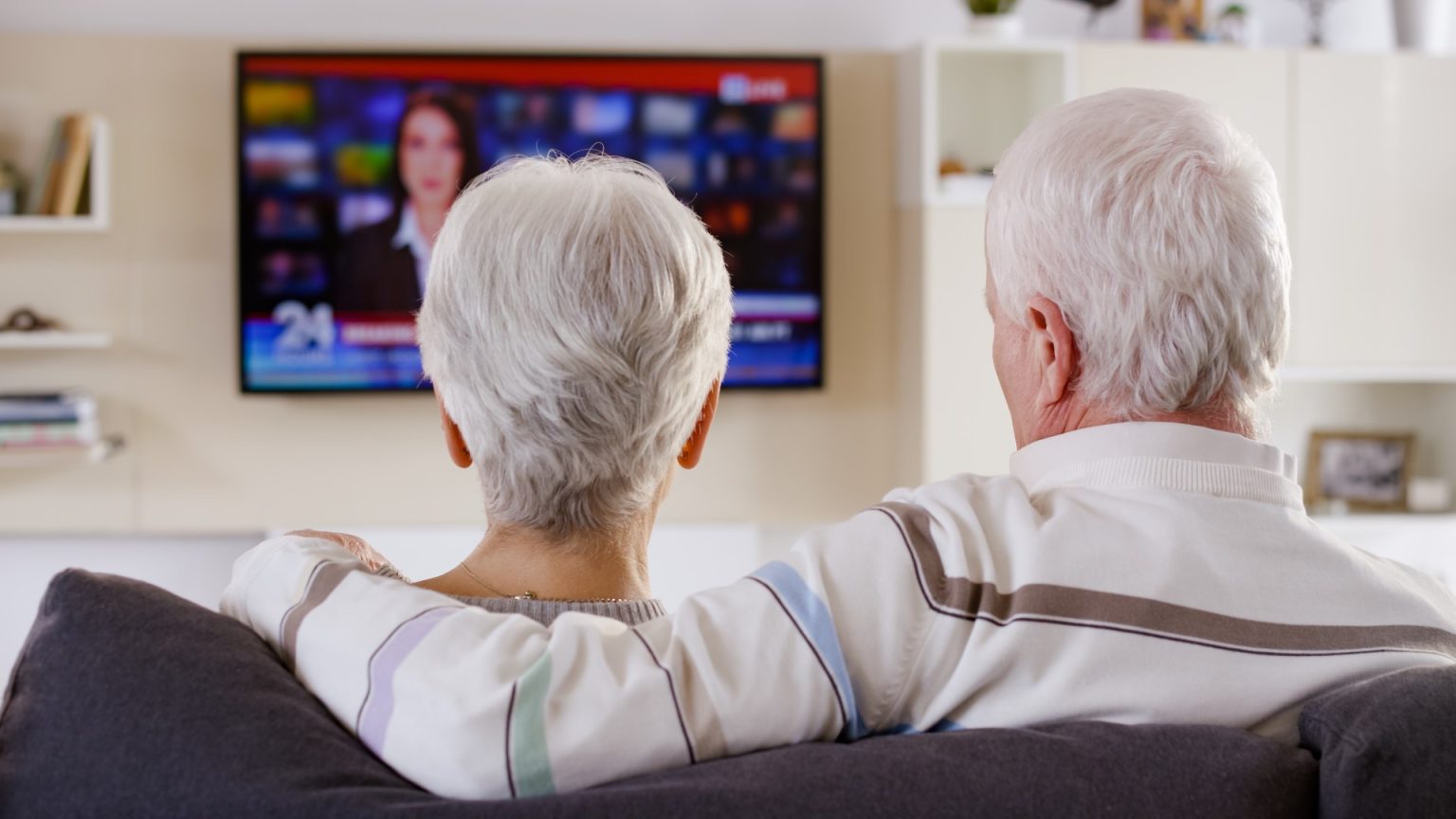The future of the BBC TV license fee hangs in the balance, with potential scrapping by the end of 2027 under consideration by the UK government. Currently, the annual fee stands at £174.50, set to rise by £5 in April, but this compulsory payment could be replaced by a funding model based on general taxation. This shift would transform the BBC into a mutually owned organization, where programming is financed through government-collected taxes, instead of individual license fees. Culture Secretary Lisa Nandy has confirmed a review of the BBC’s governing charter, scheduled for this year, with the aim of ensuring the broadcaster adapts to evolving media consumption habits and remains viable in the long term. While the license fee is guaranteed until the end of the current charter period in 2027, ensuring the BBC’s financial stability, the review will explore the feasibility and implications of the proposed switch to tax-funded operations.
The proposed change comes at a time when the BBC faces mounting scrutiny over its funding model in the face of shifting viewing habits. The traditional license fee model, conceived during an era of linear television consumption, is increasingly challenged by the rise of on-demand services and online platforms. The review will likely consider the fairness and relevance of the license fee in the current media landscape, particularly given the increasing availability of alternative entertainment options. The government also aims to address concerns about the financial burden of the license fee, especially for vulnerable households. The ongoing debate underscores the need to balance the BBC’s public service remit with the evolving preferences and financial constraints of the viewing public.
While the review process unfolds, the government is committed to supporting those facing financial difficulties in paying the license fee. The simple payment plan, designed to assist vulnerable households, will be extended, with the government aiming to double the number of beneficiaries to 500,000 by 2027. This initiative reflects a recognition of the financial pressures faced by some segments of the population and the importance of ensuring access to public service broadcasting regardless of income. The existing link between the free TV license for over-75s and Pension Credit will also be maintained, emphasizing the government’s commitment to supporting older and vulnerable viewers.
The existing support system ties free TV licenses for over-75s to Pension Credit eligibility. This benefit, currently claimed by over 968,000 people over 75, provides a vital income top-up and includes additional perks, such as the free TV license. However, a significant number of eligible individuals – estimated at 760,000 – are not currently claiming Pension Credit, potentially missing out on thousands of pounds in financial support annually. The government is keen to encourage uptake of this benefit, highlighting its role in alleviating financial hardship and ensuring access to essential services, including public broadcasting.
The current cost of a color TV license stands at £159.50 annually, with a reduced rate of £57 for black and white televisions. A license is required for anyone watching or recording live television broadcasts, regardless of the device used. This includes watching live programs on computers, laptops, tablets, and smartphones. Exemptions exist for individuals who solely watch on-demand content or streaming services. The regulations reflect the principle of funding public service broadcasting through a universal license fee, covering all forms of live TV consumption.
The BBC has welcomed the upcoming review and reaffirmed its commitment to providing value for money to license fee payers. The broadcaster emphasizes its role in delivering trusted news, high-quality homegrown programming, and shared national moments. The BBC plans to launch a major public engagement exercise in 2025 to gather input from audiences and shape its future direction. This consultation process will aim to ensure the BBC remains relevant and responsive to the evolving needs and preferences of the viewing public, while upholding its public service mission. The future of the BBC hinges on striking a balance between financial sustainability, adapting to changing media consumption patterns, and continuing to serve its audience with valuable and engaging content.




